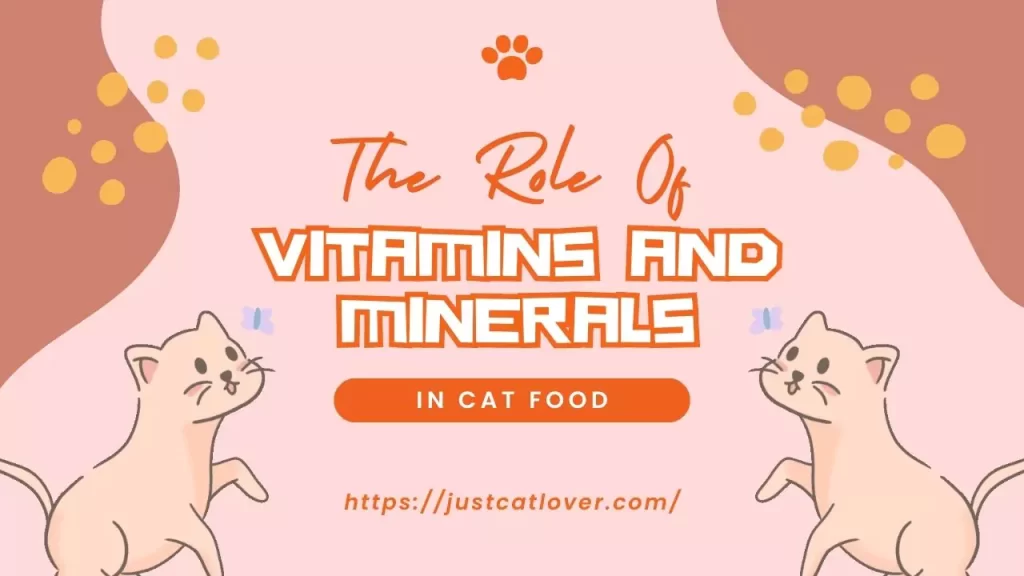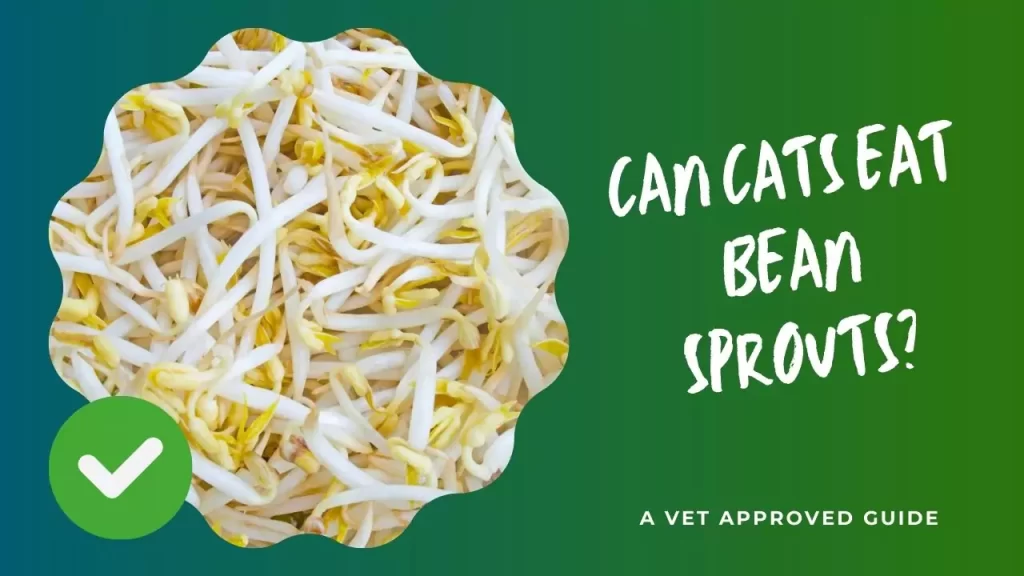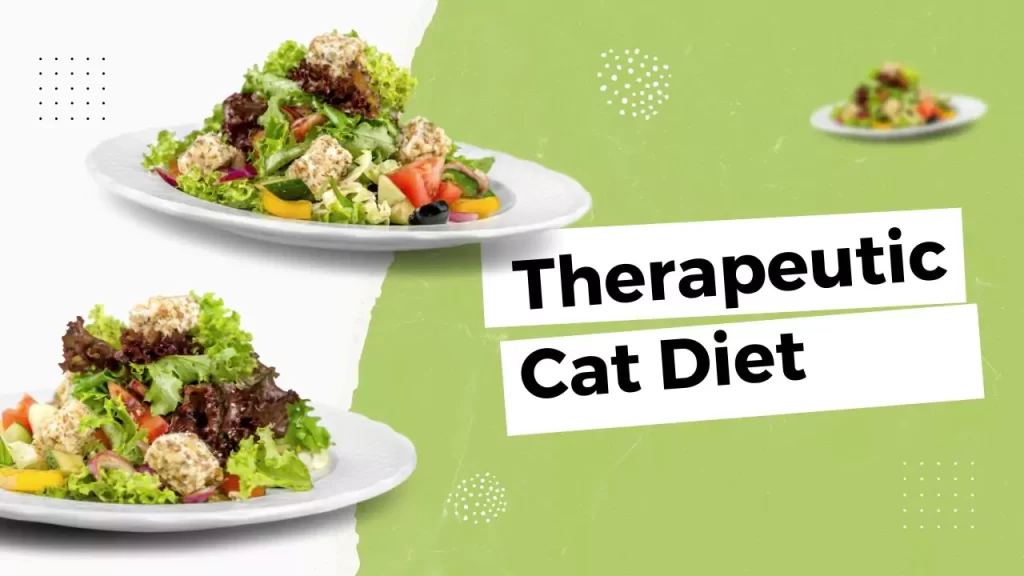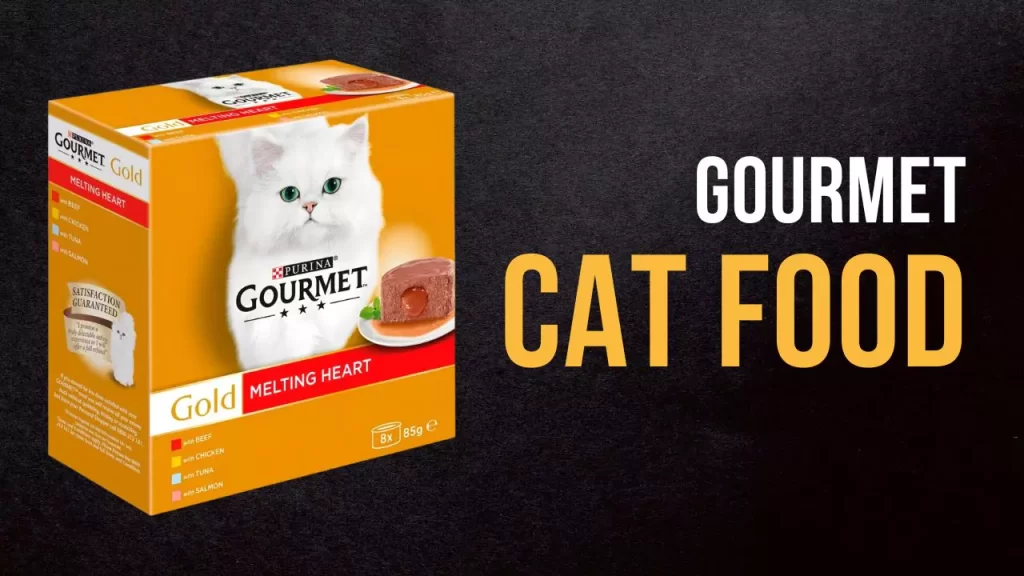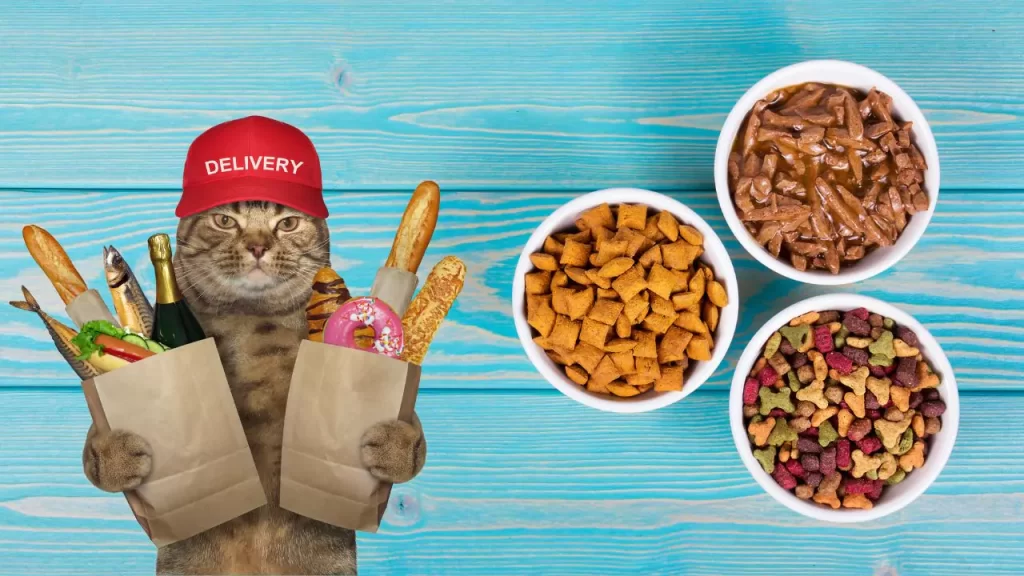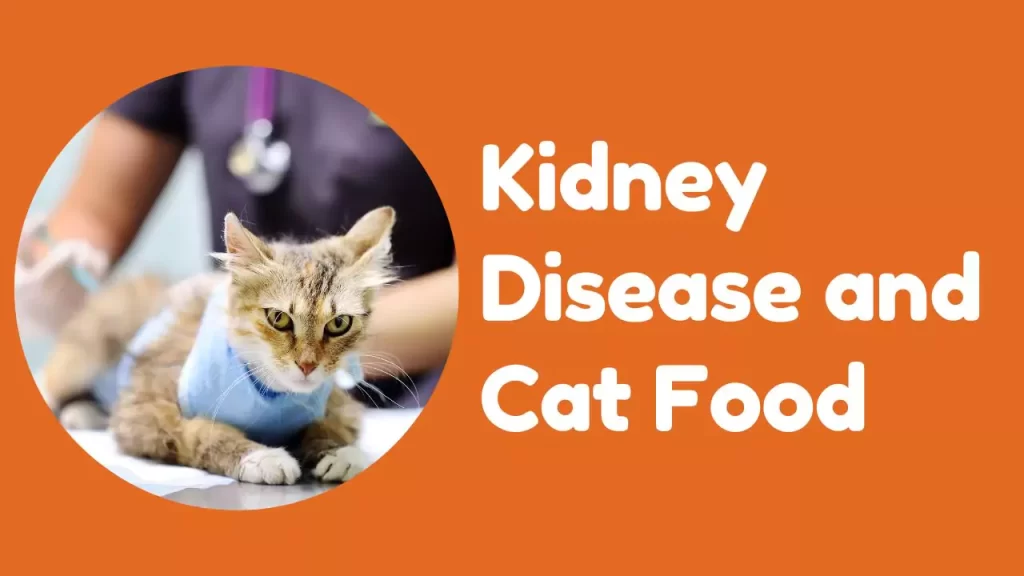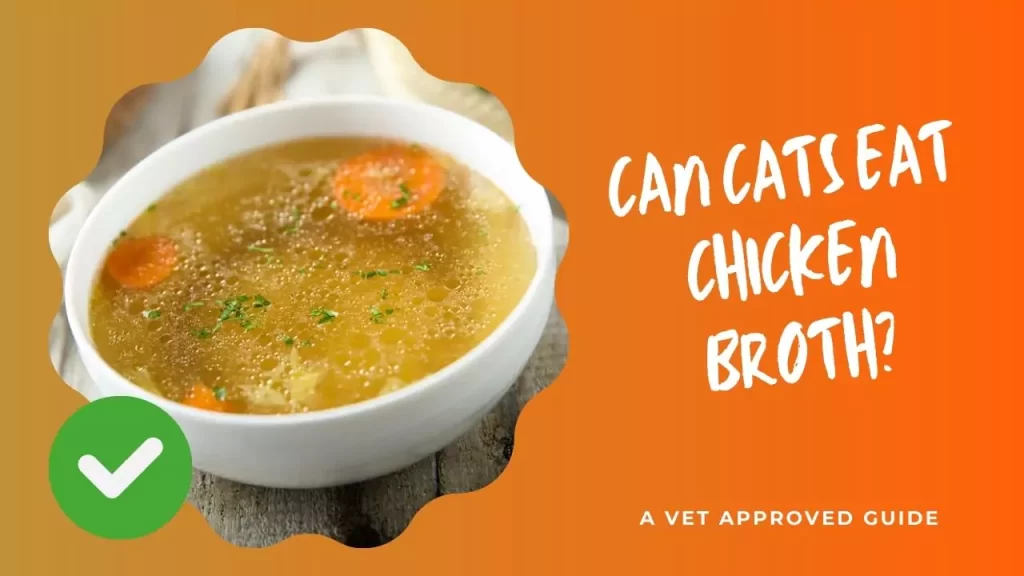Author: Dola Singha
Dola Singha is a cat enthusiast with a lifelong love for feline companions. She is an expert in all aspects of cat care, from nutrition and behavior to training and health.
Cats need vitamins and minerals to function. They support growth, development, metabolism, immunity, eyesight, skin, bone, and more. To avoid health issues, cats require enough vitamins and minerals in their food. This article examines vitamins and minerals in cat nutrition, their functions, how to ensure your cat gets enough, and the benefits of balanced and nutrient-rich cat food. The Importance of Vitamins in Cat Nutrition Cats require vitamins for biological processes. Coenzymes or catalysts aid enzymes. Water-soluble and fat-soluble vitamins exist. If overconsumed, fat-soluble vitamins (A, D, E, and K) may accumulate in fat tissues and become hazardous. Water-soluble vitamins…
Yes, cats can eat bean sprouts, but only in moderation and with caution. Bean sprouts give protein, fiber, vitamin B, folate, and antioxidants to cats. Bean sprouts may transmit salmonella and E. coli, which can make cats sick. Before feeding your cat bean sprouts, wash and boil them. Understanding Bean Sprouts Bean sprouts are hydrated and germinated seeds with slender stalks and leaflets. They are picked between three and five days old. Alfalfa, broccoli, clover, and mung bean sprouts are among the various types. The leafier the sprouts, the more comparable their nutritional value is to green leafy vegetables. Protein…
The simple answer might be no, but some pricier options provide superior ingredients and balanced nutrition, while others primarily charge more for marketing and packaging. To make an informed choice, it is crucial to assess the nutritional analysis, ingredient list, and customer reviews of different cat foods. Remember that a higher price tag does not necessarily guarantee better quality in cat food. Understanding the Claims of Expensive Cat Foods Many expensive cat foods claim to offer higher-quality ingredients, nutritional balance, and added benefits for your cat’s health and well-being. Some of these claims may be true, but others may be…
Pet food companies determine flavors by understanding pet taste preferences, incorporating natural and synthetic flavor sources, conducting pet food flavor testing, and complying with regulatory standards. The flavor is an important factor in enhancing pet food acceptance and nutrition, as well as satisfying pet owners’ expectations. In this article, we will explore how pet food companies determine flavors for their products. Understanding Pet Taste Preferences Before deciding on what flavors to use in pet food, companies need to understand what pets like and dislike in terms of taste. There are several factors that influence pet taste preferences, such as: 1.…
Health concerns may lower cats’ quality of life. A therapeutic diet tailored to their nutritional requirements may help control or avoid these disorders. Therapeutic diets are veterinarian-prescribed cat food that helps cats recover from or halt illness development. This article will explain therapeutic diets, their advantages, and how to pick one for your cat. Understanding Therapeutic Diets for Cats Importance of Therapeutic Diets in Managing Feline Health Therapeutic diets are distinct from regular cat food. They address cat health issues created by animal nutrition and veterinary care professionals. They include carefully chosen vitamins and nutrients to relieve symptoms, prevent problems,…
For cat lovers, selecting the best food for their feline companion is crucial. However, with numerous options to choose from, how does one decide on the perfect gourmet cat food? This article aims to assist you in addressing this dilemma. It will emphasize the significance of high-quality gourmet cat food, outline the factors to consider during the selection process and provide useful tips for choosing the finest brand and product for your cat. Importance of High-Quality Gourmet Cat Food Gourmet cat food is tasty and healthy. High-quality gourmet cat food has several benefits: Factors to Consider When Choosing Gourmet Cat…
Cat owners aim to ensure optimal nutrition for their feline companions. However, the manner in which cat food is stored impacts its quality and safety significantly. Inadequate storage can result in diminished freshness, compromised nutritional value, and potential contamination or spoilage. This article elucidates the significance of proper cat food storage and provides practical tips for its implementation. Importance of Proper Cat Food Storage Storing your cat food properly is necessary for many reasons, the most important being: Best Practices for Storing Cat Food Depending on the type of cat food you use, there are different ways to store it…
You may be wondering what to feed your cat if you’ve just learned that it has Kidney Disease. Among senior cats, kidney illness is quite prevalent and sometimes fatal. Some of the symptoms it might bring on include weakness, fatigue, excessive urination, and vomiting. Kidney disease management and damage prevention are greatly aided by dietary considerations. This article will describe Kidney Disease, its effects on your cat, and the types of food you should feed them. Understanding Kidney Disease in Cats Causes and Symptoms Kidney disease develops when the kidneys cannot filter blood waste and poisons. Infections, trauma, genetic abnormalities,…
If your cat is overweight, you may wonder how to aid them in losing weight and enhancing their health. Selecting the appropriate food is crucial for cat weight loss. So, what constitutes good cat food for weight loss? This article will explore the essential qualities to seek in cat food for weight loss, along with common pitfalls to avoid. Key Features to Look for in Cat Food for Weight Loss While seeking weight loss cat food, prioritize the characteristics below: Common Mistakes to Avoid When trying to help your cat lose weight, you should avoid these common mistakes: Conclusion Achieving…
Chicken broth is a savory liquid made by simmering chicken and its bones in water, often with herbs and spices. It is a common ingredient in many soups, sauces, and gravies. But can cats eat chicken broth? Is it safe and healthy for them? The short answer is yes, cats can eat chicken broth, as long as it is plain and unsalted. Chicken broth can provide many nutritional benefits for cats, such as hydration, protein, minerals, and joint support. However, there are also some risks and precautions to consider before feeding chicken broth to your cat, such as potential allergies,…




